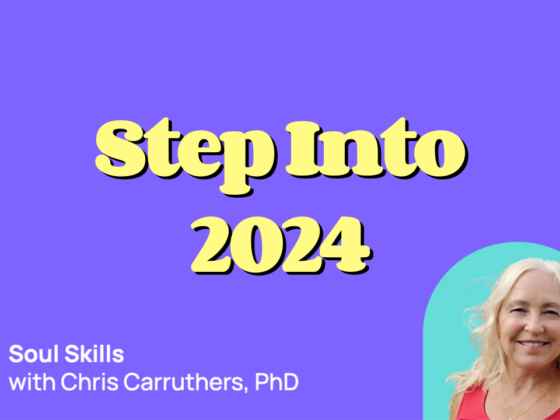Learn, Sleep, and Remember
I’m sure you have experienced fuzzy thinking at one time or another.
You know the feeling. It’s really hard to find the right word to get your point across, or to recall important details from last week’s meeting, or to remember if you closed the garage door this morning.
Maybe it shows up as a lack of focus when you need full clarity and concentration to cross something important off your task list.
You may have noticed that these ‘brain fogs’ often result when you’re sleep deprived.
You may not realize the degree that poor sleep can severely impact your ability to learn and remember knowledge, skills and information.
SLEEP AND LEARNING
Poor sleep effects your ability to learn at two points:
When You Are Learning — Lack of sleep impacts your ability to concentrate, making it harder to stay focused while you’re learning something new.
After Your Learning — A quality sleep is needed to consolidate that learning into memories that can be recalled later. After all, does it count as learning when you forget your new skill or knowledge the next day or next week?
Sleep also allows you to learn with greater ease and speed. That means you’ll be in a much better position to more quickly master a new skill, like improving your tennis serve, with a good night’s sleep the night before.
SLEEP AND MEMORY
After your brain has received new information, sleep plays an important role in remembering what you learn, or consolidating new learning into long-term memory.
“While we sleep, processes come into play that allow new knowledge to be organized and help it turn into long-term memories. During sleep, new knowledge travels along a kind of assembly line, at the end of which it’s stored as lasting knowledge.” (Diane Boivin; Sleep and You: Sleep Better, Live Better, 2014)

During this process of memory consolidation, the brain integrates newly acquired knowledge into your existing networks of understanding.
Although we now know sleep improves our memory, scientists are still uncovering the details of exactly how this happens at the physiological level.
One interesting observation is that the brain tends to show increased time spent in REM and Stage 2 phases of sleep after days spent acquiring new knowledge (Diane Boivin; Sleep and You: Sleep Better, Live Better, 2014).
So, the next time you find yourself looking for your misplaced car keys, or having trouble recalling details for next week’s work deadline, be sure to prioritize your sleep.
JUST SLEEP ON IT
Have you ever found yourself struggling to solve a problem, whether it be technical, emotional, or simply a crossword puzzle?
The age-old saying, “just sleep on it,” has merit.
A good night’s rest helps us solve complex problems and be more creative.
One study found that students solving a difficult math problem who slept on it overnight were able to find an original solution. In contrast, the students who stayed up all night had difficulty, even though they spent more time working on it. (Boivin; Sleep and You: Sleep Better, Live Better, 2014)
LOCK IN YOUR LEARNING
Healthy sleep, both before and after you learn something, is necessary to retain new knowledge.
So, the next time you learn a new skill (like refining your golf swing) or need to rely on your memory to be top notch (a big presentation at work perhaps?) be sure to get a good sleep the night before!









